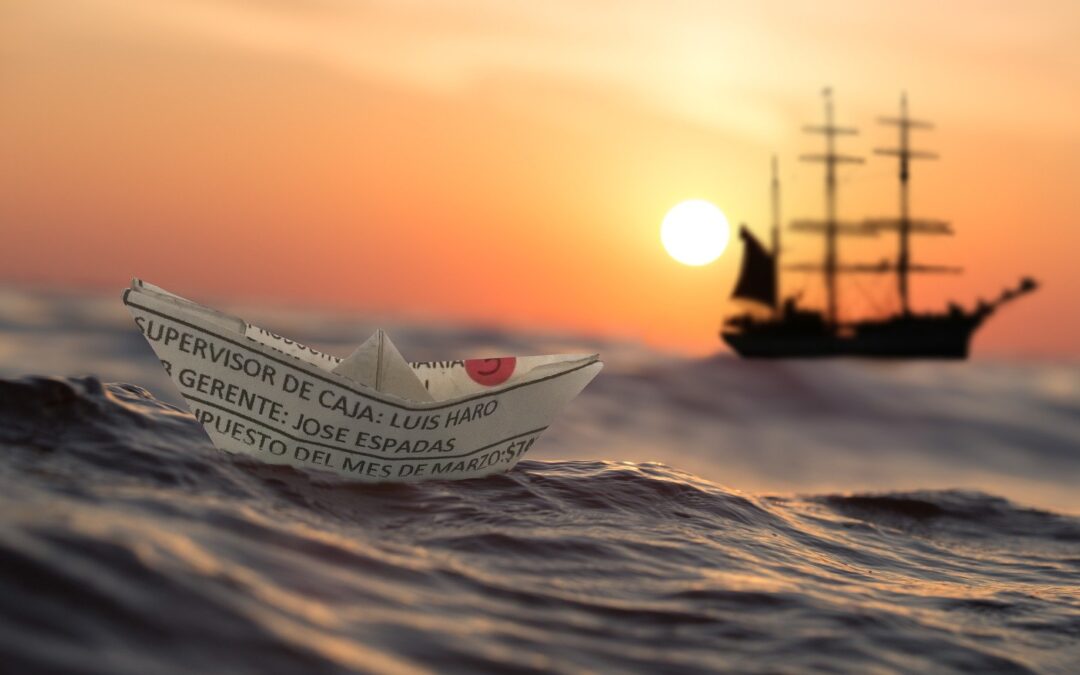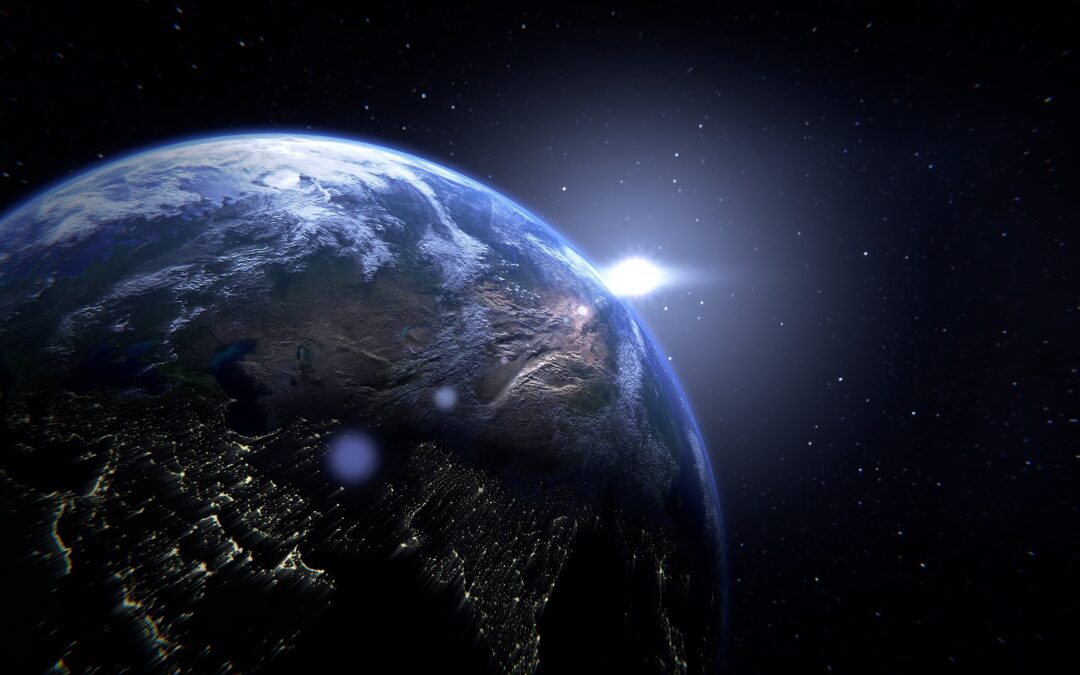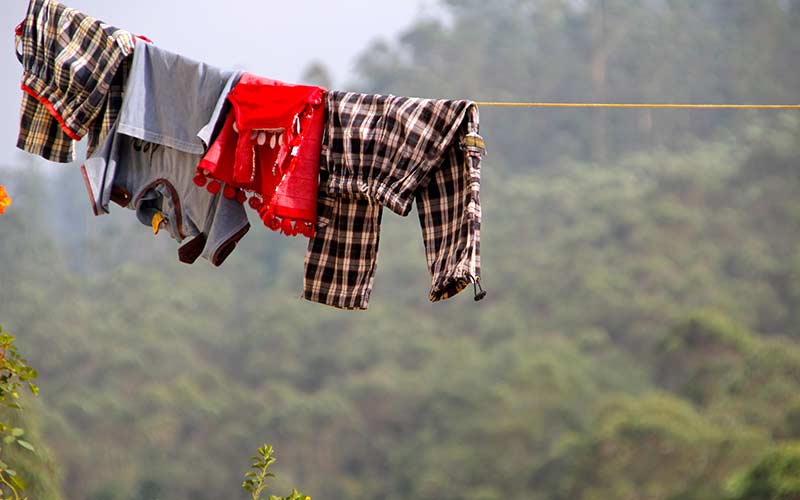The States of Matter
All things are made up of matter, and there are three different forms that matter can exist in—solid, liquid, and gas. Some matter can change from one state to another when the temperature changes. When an object is a solid, its molecules are arranged in a pattern and don’t move very much. In a liquid, molecules are farther apart from each other and move around instead of sticking together. The movement is what makes a liquid be fluid and take the shape of a container it is in. The molecules in a gas are even further apart and move very quickly with no pattern at all. Go here to see what the molecules of substances look like as a solid, liquid, and gas.
Some substances can have two or more different states of matter. For example, peanut butter does not flow like a liquid. It acts more like a solid even though it is very soft. However, if you use heat to melt peanut butter, its state will change and it will flow like a liquid!
Properties of Water
 Water is a unique substance. It is the only natural substance that can exist in all three states of matter at the temperatures normally found on Earth. It is the second of the four elements identified by the ancient Greeks.
Water is a unique substance. It is the only natural substance that can exist in all three states of matter at the temperatures normally found on Earth. It is the second of the four elements identified by the ancient Greeks.
Water is usually a liquid, but when it gets to 32°Fahrenheit (F), it freezes into ice. Ice is the solid state of water. When water reaches 212° F, it boils. When it begins to boil, some of the water turns into steam. Steam is the gas state of water, and is also called water vapor. There is a lot of water vapor in the air we breathe.
Water is something that all living things need in order to stay alive. A human can live for several weeks without food, but only for a couple days without water. Water makes up about 70% of our bodies, so going long periods of time without drinking any water will make you dehydrated and could make you very sick.
Most substances are more dense when they are solid than when they are in liquid form, but ice is actually less dense than liquid water! This means that ice floats on top of water, instead of sinking. This is a very good thing, because otherwise lakes and ponds would freeze completely in the winter and the animals in the water couldn’t survive.
Another interesting property of water it its surface tension. Surface tension is sort of like a thin invisible skin on the surface of water. It can keep a paper clip from sinking into a cup of water when you lay it gently onto the water. If you fill a glass up to the very brim and then slowly pour in even more water, you can see surface tension in action. The water will bulge above the rim of the glass allowing you to add more water than you might think possible before it overflows! To learn more about surface tension, check out these experiments.
Buoyancy
When an object is added to a liquid, the object pushes the liquid out of its way to make room. To see this in action, fill a glass measuring cup with 1 cup of water and then set an egg into the cup. See how the level of the water rose above the 1 cup mark? That is called displacement, because the water was displaced, or pushed out of the way, by the egg.
When an object is in water, the water around it pushes against the object and tries to push it up. The force of the water that pushes on the object is called buoyancy(say BOY-AN-SEE). If the object weighs less than the amount of water that is pushed aside (displaced) by the object, it will float. If it weighs more than the amount of water that it pushes aside, it will sink!
When the weight of an object is spread out over a larger distance, more water is pushing against it and supporting the weight than if the object is smaller. Buoyancy is the force that keeps heavy boats and ships floating instead of sinking! You can see how this works with a ball of clay. If you roll clay into a ball and put it in the water, it will probably sink. Try flattening it out in a boat shape to see if you can get it to float.
Density
If a piece of wax sinks through oil but floats on water, does this mean its density changes? No, an object’s density stays the same, but different liquids often have different densities. For example, water is more dense than oil, so oil will float on top of water. (Oil and water can’t mix together, so oil will always stay on top.) The way an object acts in liquids that have different densities can be different. An object that floats in oil might still sink in water, even though the object itself doesn’t become more or less dense. To see the different densities of some liquid and solid objects, perform the “Liquid Density” experiment above.
Science Words
Density– a measure of how solid something is, or how tightly the molecules in a substance are “packed” together. If they are very tight, the object is very dense. If they are looser, the object is less dense.
Buoyancy– the force of water that pushes up on an object, making it able to float.
For science projects to use with this topic, click here.





